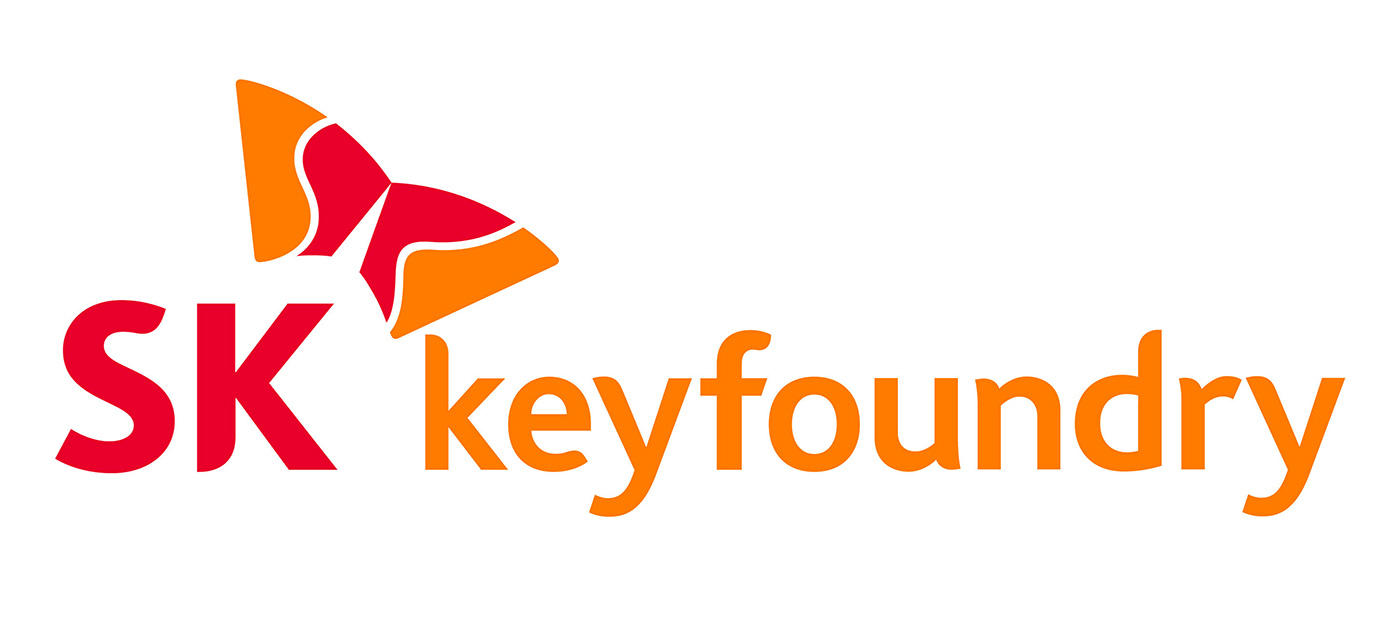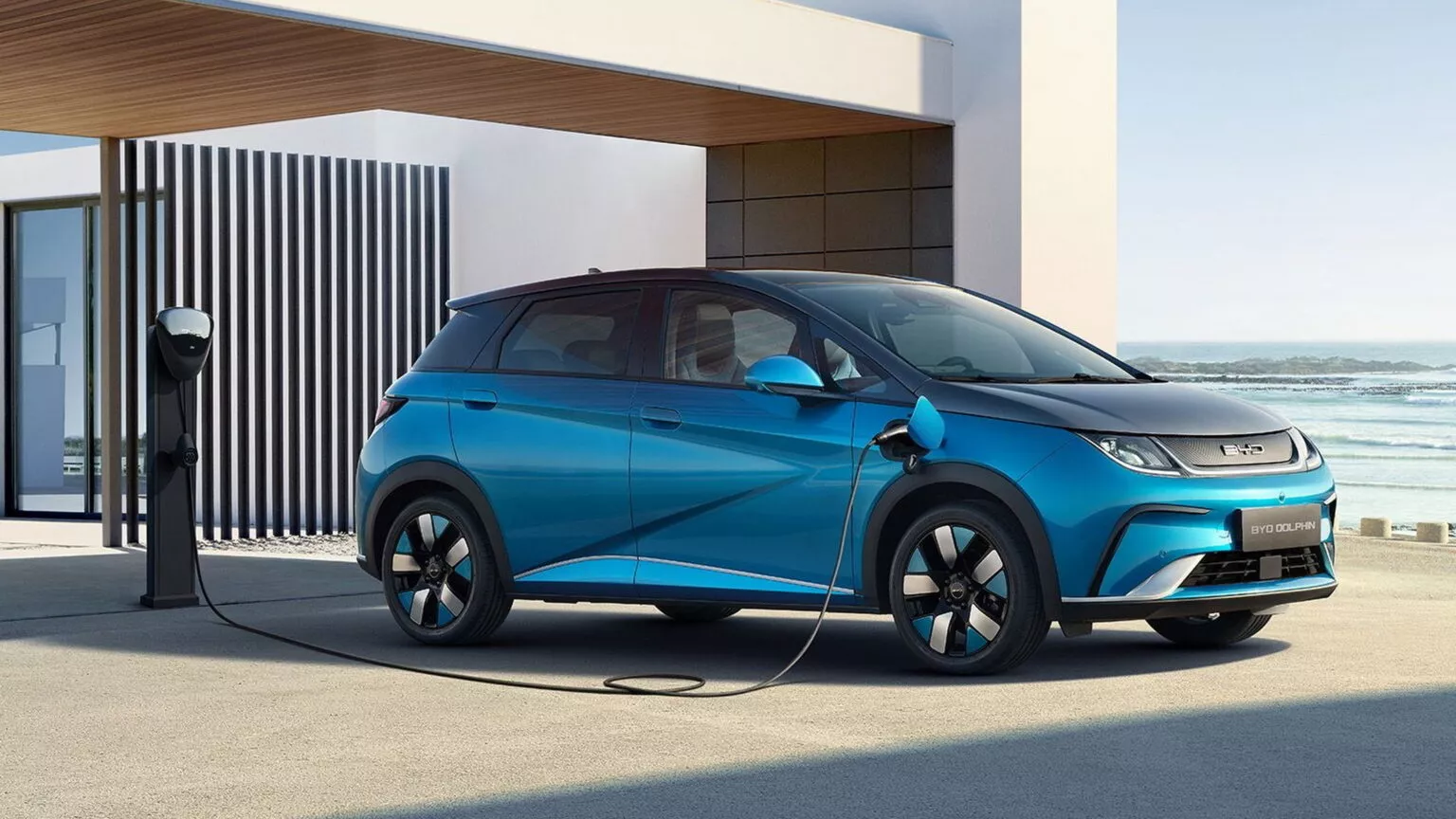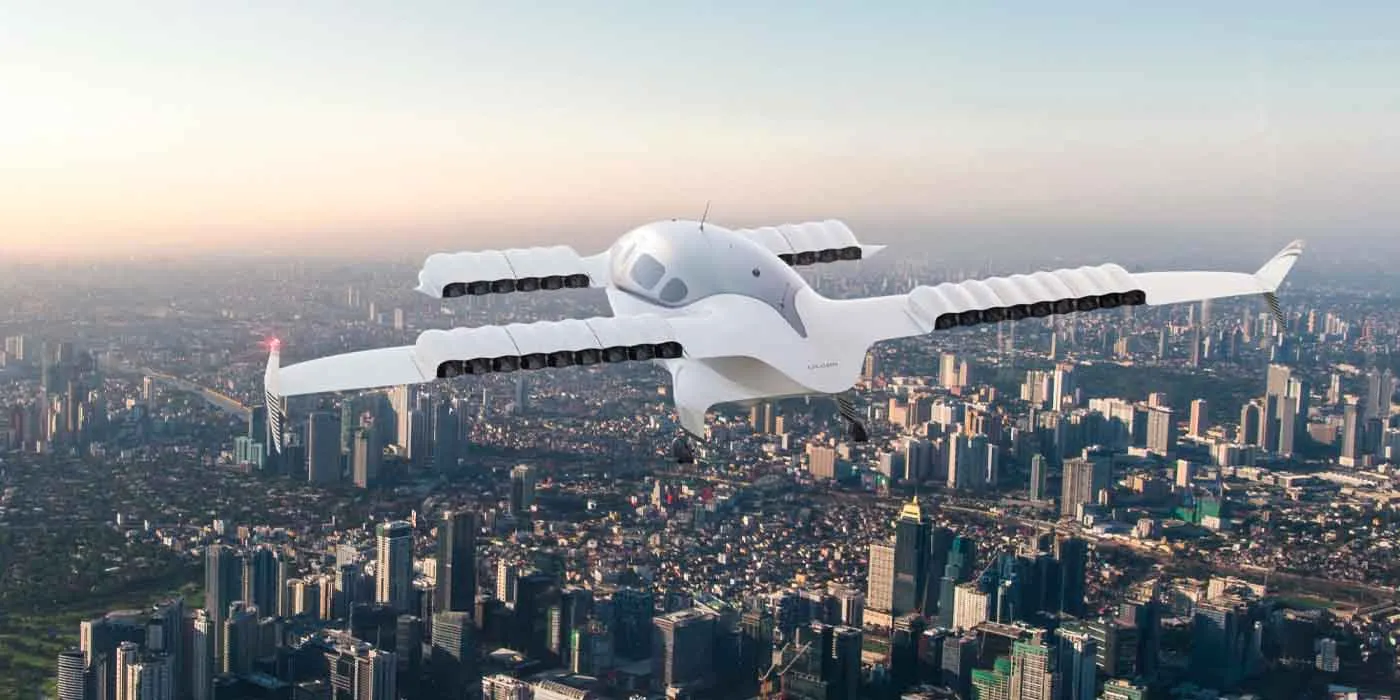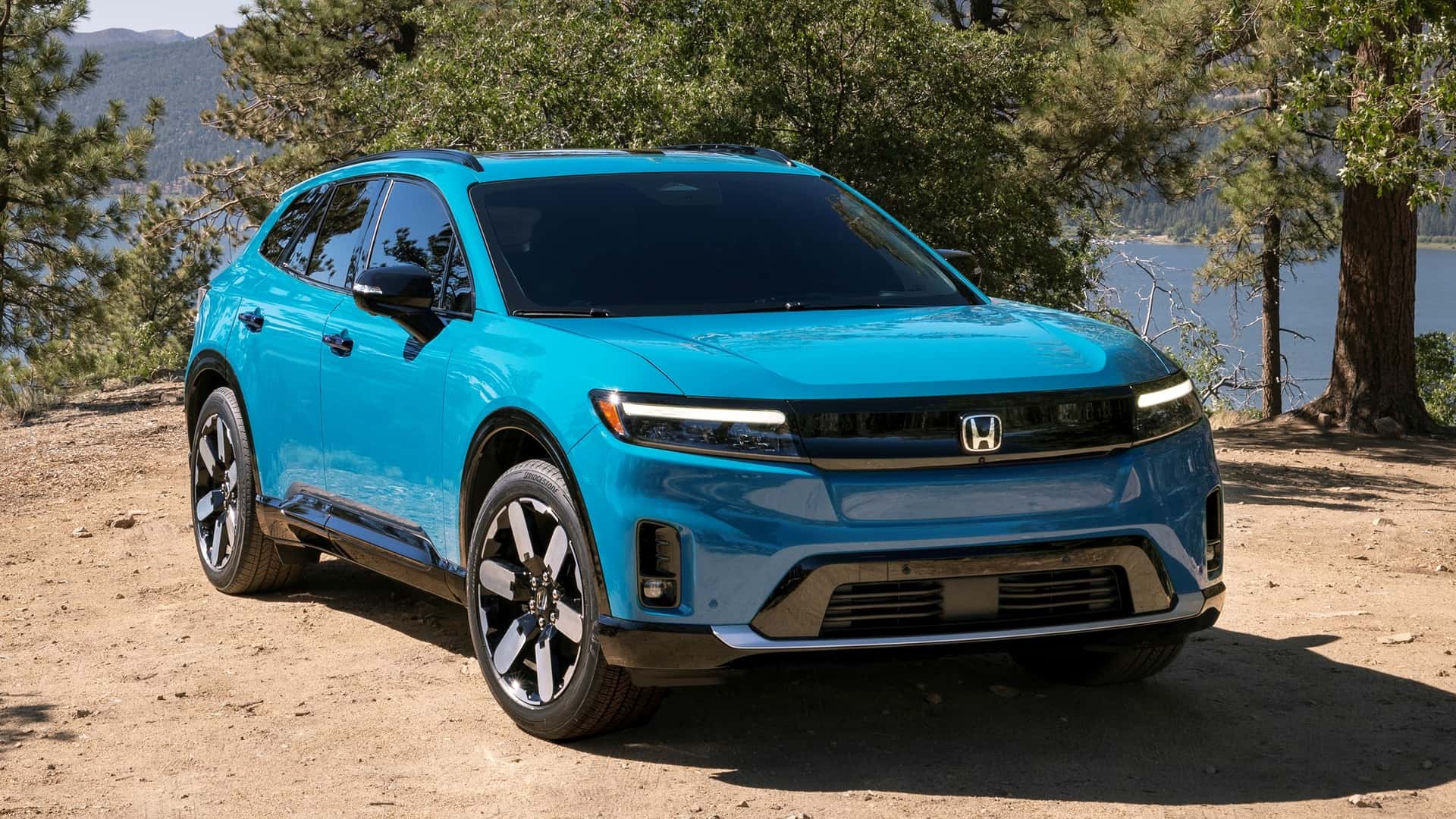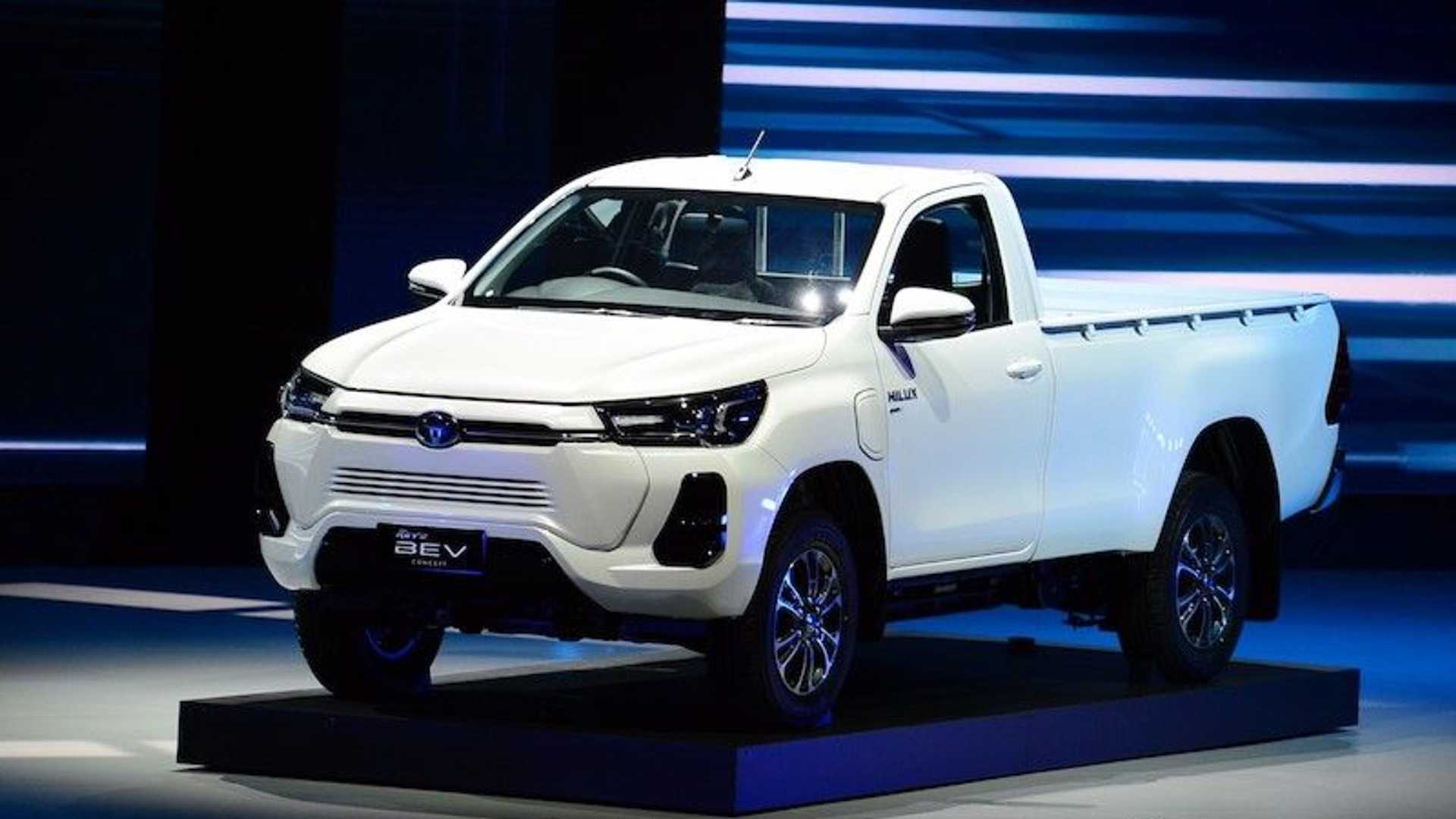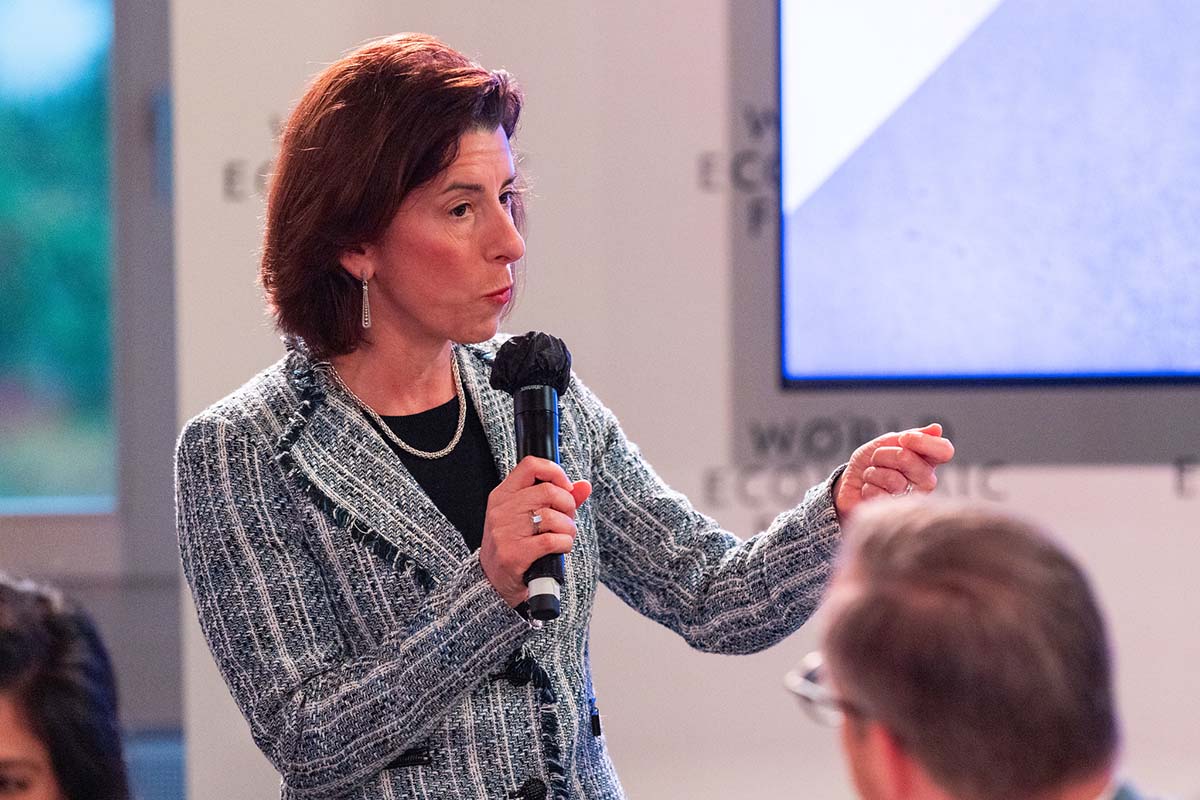SK hynix’s foundry subsidiary, SK keyfoundry, is poised to manufacture power semiconductors for Tesla electric vehicles starting in the second half of this year. The move comes as a response to China’s aggressive expansion in the legacy foundry sector, with SK keyfoundry unveiling a high-performance chip process tailored for automotive use.
Industry sources revealed on May 15 that SK keyfoundry will commence the production of Power Management Integrated Circuits (PMIC) for Tesla EVs as early as July at their 8-inch wafer fab in Cheongju, South Korea. These PMICs, designed by a U.S.-based semiconductor design company, will be produced by SK keyfoundry and integrated into Tesla’s electric vehicles.
Tesla’s significant influence in the global electric vehicle market, both technologically and in terms of production volume, is well-recognized. The company is known for its stringent requirements in the automotive semiconductor sector, where reliability and performance are paramount. Industry experts suggest that SK keyfoundry’s advanced manufacturing technology and reliability were crucial in securing this order.
The move is also seen as a strategic response to China’s aggressive pricing strategy in the foundry sector. Chinese foundries like SMIC and Huahong have been rapidly expanding their production capabilities with substantial government subsidies, leading to significantly lower service prices. This has disrupted the existing market structure, prompting fears of an emerging price war similar to past disruptions in the LCD market initiated by Chinese companies. Experts warn that failure to perform in the rapidly growing automotive market could pose existential risks.
The automotive power semiconductor market is expected to grow from US$20.8 billion in 2023 to US$32.5 billion in 2028, with an average annual growth rate of 9.3%.
In addition to Tesla, SK keyfoundry collaborates with global automotive companies in the vehicle power semiconductor sector. It recently passed production quality audits conducted by major automotive parts suppliers Bosch and Continental, indicating that chip design companies supplying automotive semiconductors to Bosch and Continental trust SK keyfoundry’s high-quality process lines.
SK keyfoundry, formerly part of Hynix Semiconductor’s non-memory business Magnachip Semiconductor, was incorporated into SK hynix as a subsidiary in 2022. Currently, it has a production capacity of 100,000 8-inch wafers per month but faces competition from Samsung Electronics, which leads with advanced processes, and from DB HiTek, a strong player in legacy chips.
An industry insider stated, “From SK Group’s perspective, the foundry market is inevitably one that needs to expand its territory eventually to break away from the memory-centric structure.”

